The European Union and the United Kingdom have formally begun trade talks today in Brussels:
David Frost, the UK’s chief negotiator, arrives in Brussels in the afternoon, armed with 100 advisers and civil servants, preparing to spread themselves across 10 working groups, focusing on everything from fishing to financial services to truck drivers’ cross-border access.
Negotiations are to take place once every two or three weeks from now until the summer at least, alternating between Brussels and London – with the prime minister insisting a deal must be struck by the year’s end.
The EU is after an overarching agreement, covering all aspects of future relations: foreign policy, security co-operation, fish, trade, services, research and development and more. All disputes would be referred to a single arbitration panel. The (Brexiteer-despised) European Court of Justice, the ECJ, would have the final word on aspects touching EU law.
The UK government rejects that idea. The whole point of Brexit, ministers argue, was to reclaim national sovereignty and escape the ECJ.
Boris Johnson wants a free trade deal (similar to the one the EU struck with Canada) with extra agreements (like fishing) on the side, governed by separate dispute resolution mechanisms.
The UK aim here is to avoid “linkage” – where the EU could say, for example: “We won’t give you a tariff and quota-free trade deal unless you allow EU fishermen to keep the same access to UK waters as they had before Brexit”.
There are a number of key issues that have to be overcome in order for any real deal to be signed. One key issue is the request for the UK’s financial services sector to have permanent access to European Union markets. This would facilitate trade relations between the UK and all EU countries. From the EU perspective, the EU wants to ensure that the UK stays fully aligned with single market rules (the old “Common Market” paradigm). The original purpose of the Common Market was to eliminate trade barriers between member nations and implement common policies for transportation, agriculture, and economic relations with nonmember countries, as well as to allow labor and capital to move freely within the boundaries of the EU. That demand by the EU is fuzzier and defeats the purpose of Brexit, which was to extract the UK from Common Market bureaucracy, rules, and impediments to trade.
The negotiations are supposed to go on for months; however, the British government has threatened to walk away from the talks if there isn’t any real progress in the talks by July. These issues are prickly, and Brussels would like to keep as many of the current rules and regulations in place as possible while the UK seeks “freedom to maneuver.”
Meanwhile, the UK and US continue negotiations on a trade deal. Here’s the latest report from meetings in London with Treasury Secretary Steve Mnuchin and the UK’s Sajid Javid:
U.S. Treasury Secretary Steven Mnuchin said on Saturday in London that he was optimistic that a bilateral deal with Britain could be reached as soon as this year.
But Mnuchin gave up no ground after a second meeting with his UK counterpart, Sajid Javid. Javid has insisted that Britain will proceed with a unilateral digital services tax, despite a U.S. threat to levy retaliatory tariffs on British-made autos.
Mnuchin told reporters after Saturday’s meeting that such taxes would discriminate against big U.S. tech companies like Alphabet Inc’s Google, Apple Inc, Facebook Inc and Amazon.com.
Reaching a meaningful deal will be “exceedingly difficult,” said Jacob Funk Kirkegaard, a senior fellow at the Peterson Institute for International Economics in Washington. “There are very deep-rooted issues on which the United States and the UK are diametrically opposed.”
Keep in mind that this was a Reuters report, and they have a bias in favor of the EU and against any UK-US deal. These are also the same people who claimed that the US would never be able to conclude a meaningful agreement with China, too. How did that prediction work out?
The fact of the matter is that President Trump is a deal-maker, and Prime Minister Boris Johnson knows a substantial trade deal with the US would be an economic and political win for Brits in general (and the PM, in particular). Any bets on which trade deal will be completed first?
The end.
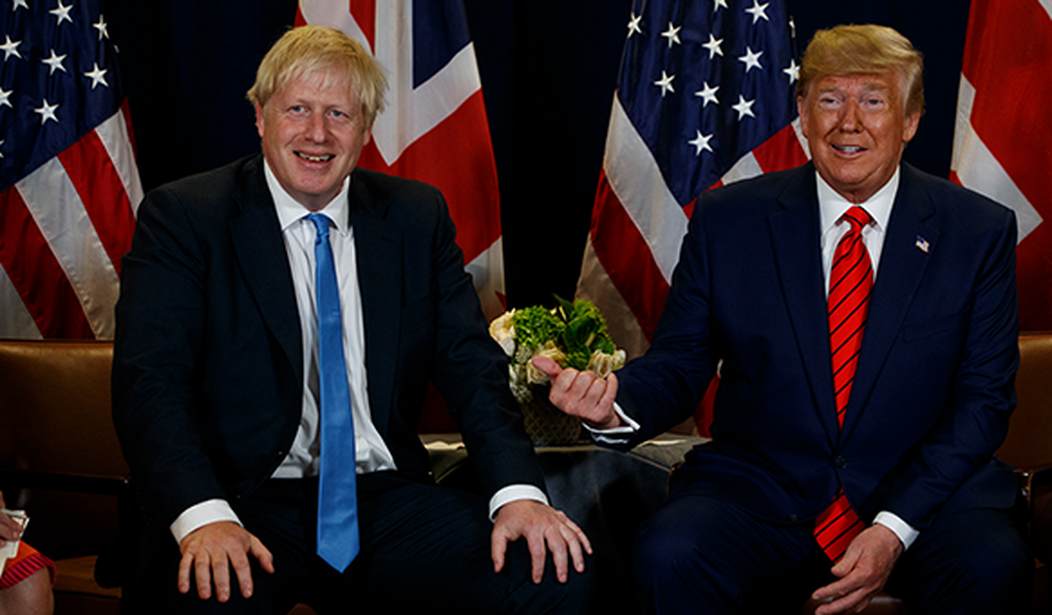
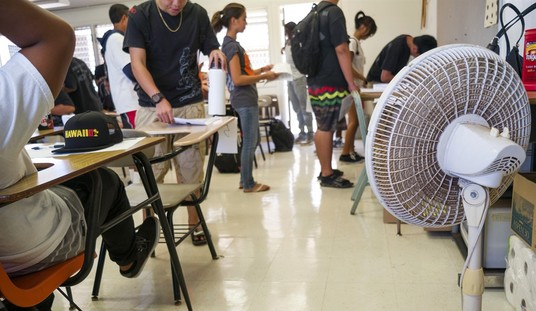
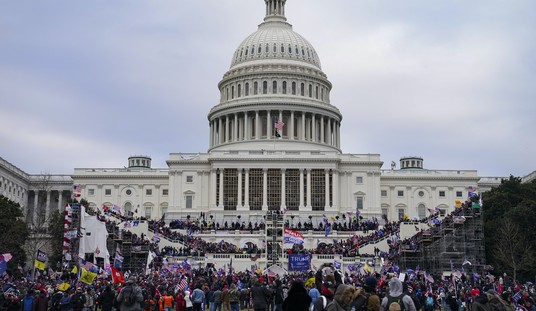


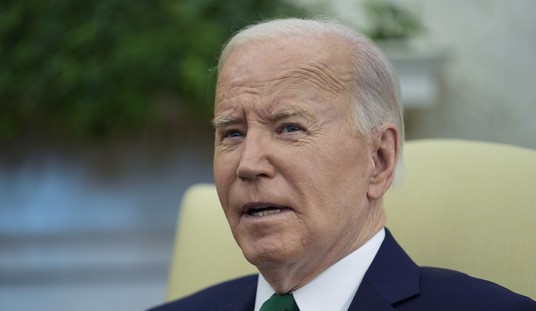



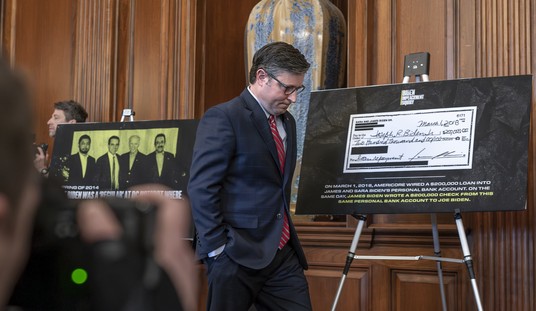



Join the conversation as a VIP Member